LPGA Q-School vs Epson Tour: What’s The Difference?
Female golfers aspire to join the LPGA Tour, but how do the routes to gain tour status differ?
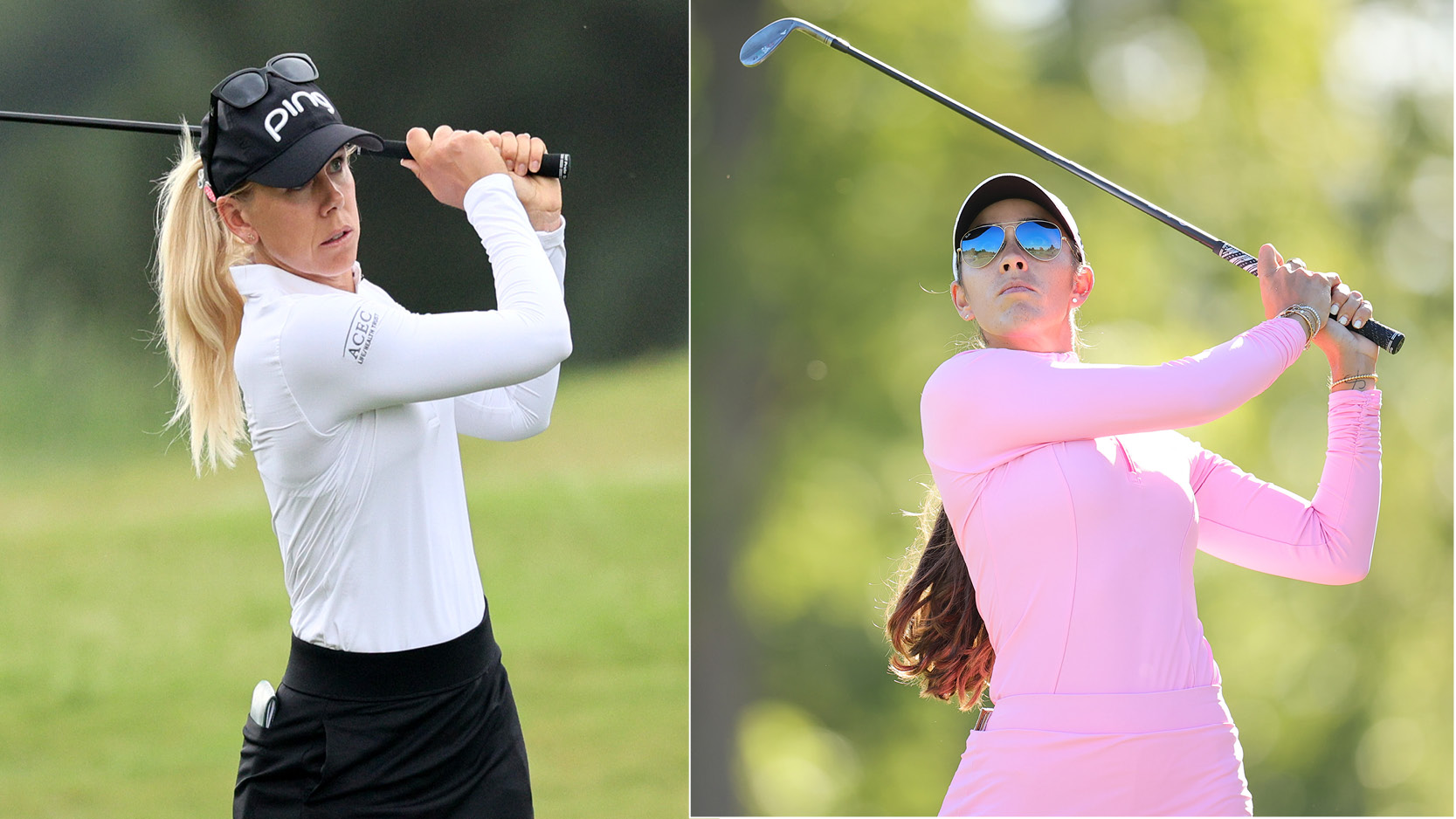
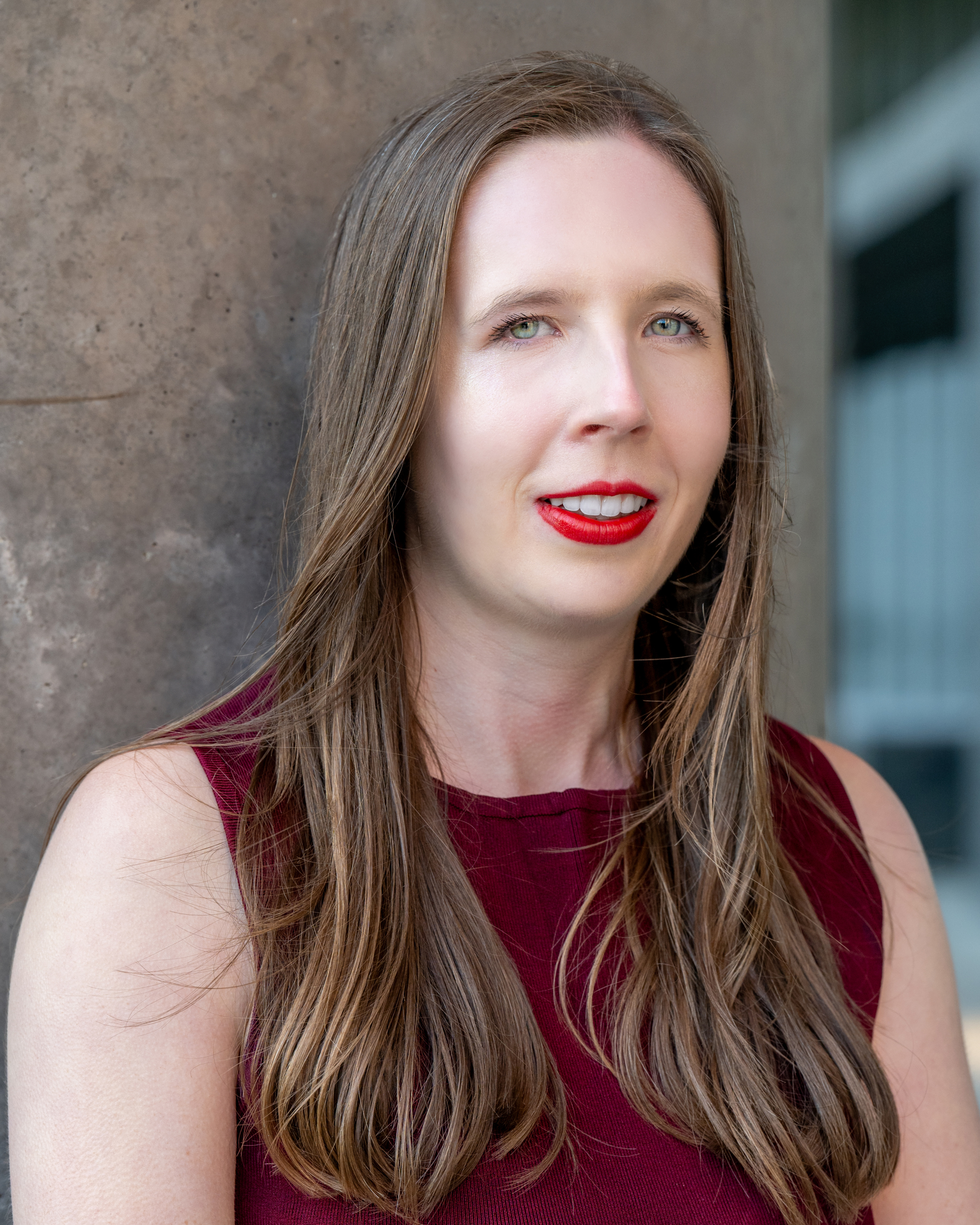
A field of 99 golfers will play at Magnolia Grove Golf Course in Mobile, Alabama this week to compete for a spot on the LPGA Tour as part of the final qualifying round of Q-School, which takes place between 5-9 December.
Despite its name, there’s no schooling on this LPGA program. Golfers who sign up for Q-School, also known as the Q-Series, face three intensive qualifying stages to prove they deserve a spot on the tour. It’s a gruelling five days of competition - five rounds played on two golf courses and that doesn’t include the practice rounds!
Q-Series is the entry point for both amateur and professional golfers who want to pursue a career in golf, said Jody Brothers, chief business and operations officer of the Epson Tour. “You start with Q-Series, you prove yourself, you get slotted into the LPGA if you perform the best or Epson if you perform well, but don’t quite make it all the way to the LPGA.”
How Does Q-School Work?
To compete in the first stage of Q-School, known as “pre-qualifying,” amateurs and new professionals will need a handicap of four or less on courses with an average length of 6,200 yards. This year, pre-qualifying took place over four days on three different golf courses in California. The top 95 players advanced to the next stage and received partial status to the Epson Tour.
The next stage, known as “qualifying,” includes players from pre-qualifying and has exemptions for LPGA players outside the top 150, Epson Tour players ranked from 36-125 as well as for players in top positions across other well-known ranking systems and amateur tours. This year, 35 players advanced to the final qualifying, while the remainder gained Epson Tour status.
The “final qualifying” stage includes the players from the prior stage and has exemptions for LPGA players ranked from 101-150, Epson Tour players ranked 11-35, LET players ranked 1-10 as well as players in top positions across other well-known ranking systems and amateur tours. After five gruelling rounds on two courses, the top 25 players, including ties, will earn LPGA status, while the remainder earn status to the Epson Tour.
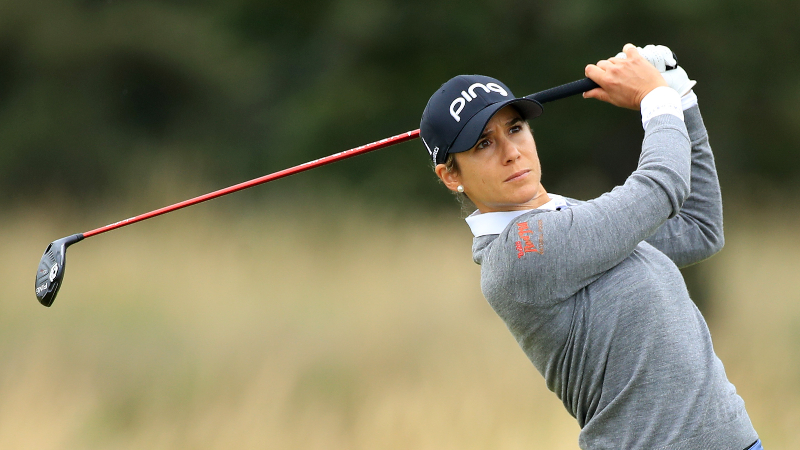
Azahara Munoz is amongst the 99 vying for an LPGA Tour card
Is The Epson Tour Or Q-School 'The Road To The LPGA'?
The LPGA recently reduced the number of cards earned through Q-School, from 45 to 25, and increased those given via the Epson Tour, from 10 to 15, with the goal of rewarding “full-season performance while also giving the world's rising talent an opportunity to compete for coveted LPGA Tour status."
Get the Golf Monthly Newsletter
Subscribe to the Golf Monthly newsletter to stay up to date with all the latest tour news, equipment news, reviews, head-to-heads and buyer’s guides from our team of experienced experts.
Still, more players will gain status to the LPGA through Q-School than the Epson Tour, despite it being known as “the road to the LPGA.” It’s known by this moniker because it prepares players for the LPGA, allowing them to hone their skills over a full season, while Q-School is an intense window where players need to prove their skills.
“My perspective is the girls that go out and play in the Epson tour full time, they're playing against the best of the best. They're going to be the most competitive and the most ready to play the LPGA tour,” said Cheryl Anderson, a golf coach based in Florida who has been a two-time LPGA national teacher of the year.
“The Q-Series is very challenging, but you could get hot on a week, or a month rather, and just play some great golf that month and probably get your card,” she added.
Some players become dual members to both tours because they have gained partial status on the LPGA Tour and are only eligible to play in a select number of events, Anderson said.
“At that age, you just got to compete, compete, compete,” she added.
Q-School Quandaries
Participating in Q-School isn’t a cheap endeavor in time or money, especially for amateurs. Entry fees can run into the thousands - and this doesn’t include players’ accommodation, travel and caddie costs. A purse of $150,000 is distributed to all players who make the cut following round four in the final stage.
Professional golfer Hannah Gregg, who participated in the LET’s Q-School, previously spoke to Golf Monthly about the eye-watering costs of participating in a Q-School program.
“By the time it comes to all the expenses that are required, it's hard to make a living out there unless you're in the top 20%,” Anderson said. She’s witnessed college players for the most part being supported by their families. Name, image and likeness (NIL) rules are changing the landscape for amateur golfers who can now do sponsorships, Brothers said, lessening the financial burden.
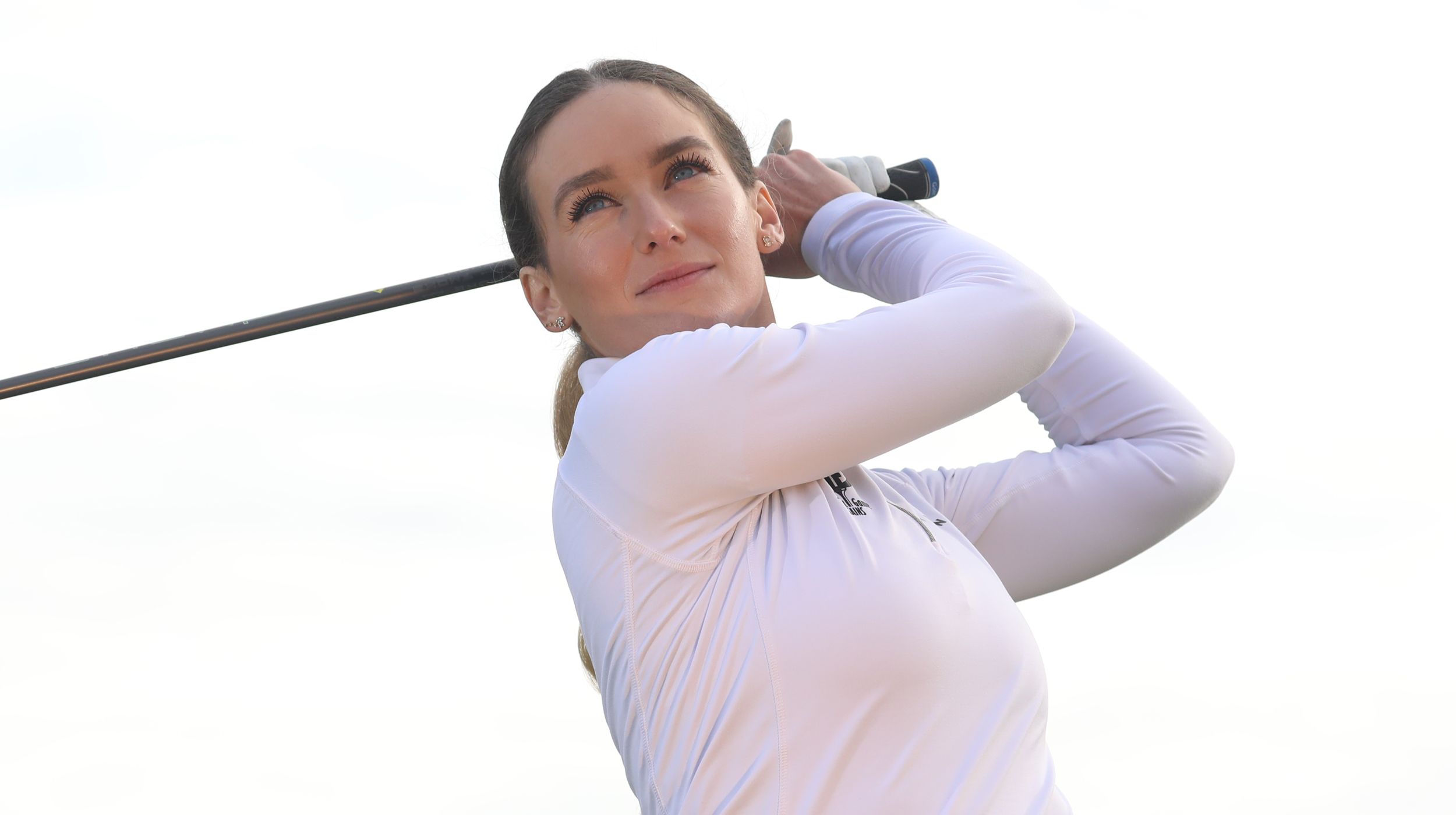
Hannah Gregg
There's No Stress-Free Routes To The LPGA
Before amateurs play in the final Q-School stage, they must declare themselves as professionals. Despite qualifying to play in the final stage, several college players have chosen to remain amateurs because they still want to participate in college golf tournaments such as the Augusta National Women’s Amateur.
“We wanted to make sure that somebody just didn't have a stress-free route to the LPGA and that's why amateurs are required to turn pro if they want to go to the final stage,” Brothers said.
The LPGA is rolling out two new programs providing additional pathways for amateurs. The first is the LEAP program, which requires amateurs to accumulate a minimum of 20 points within the set criteria in the current year and previous three calendar years to gain LPGA status. The second is a “university-style” program where players are ranked based on their final two years of college and LPGA tournaments they participate in, per a report from the Golf Channel, though it reportedly will only provide status to the Epson Tour.
“We're not in a position to talk about it in great detail yet, but we've been at least a little bit public about our desire to develop a program that would allow college players to have a path to professional golf without necessarily having to go through qualifying series based on how they've performed through their amateur and college career,” Brothers said. “So more to come on that, but it's a program that LPGA is definitely working on.”

Kari McMahon is a freelance journalist based in London focused on technology, business, and cultural trends. Her work has appeared in publications including Business Insider, Wired, The Information, The Block, Sifted, and more. Prior to becoming a journalist, she worked as a software developer.
-
 Justin Thomas Confirms Stand-In Caddie Will Not Replace Long-Term Looper After First Victory Since 2022
Justin Thomas Confirms Stand-In Caddie Will Not Replace Long-Term Looper After First Victory Since 2022Thomas won the RBC Heritage with Max Homa's former looper, Joe Greiner as his assistant but is looking forward to welcoming his regular caddie back soon
By Jonny Leighfield
-
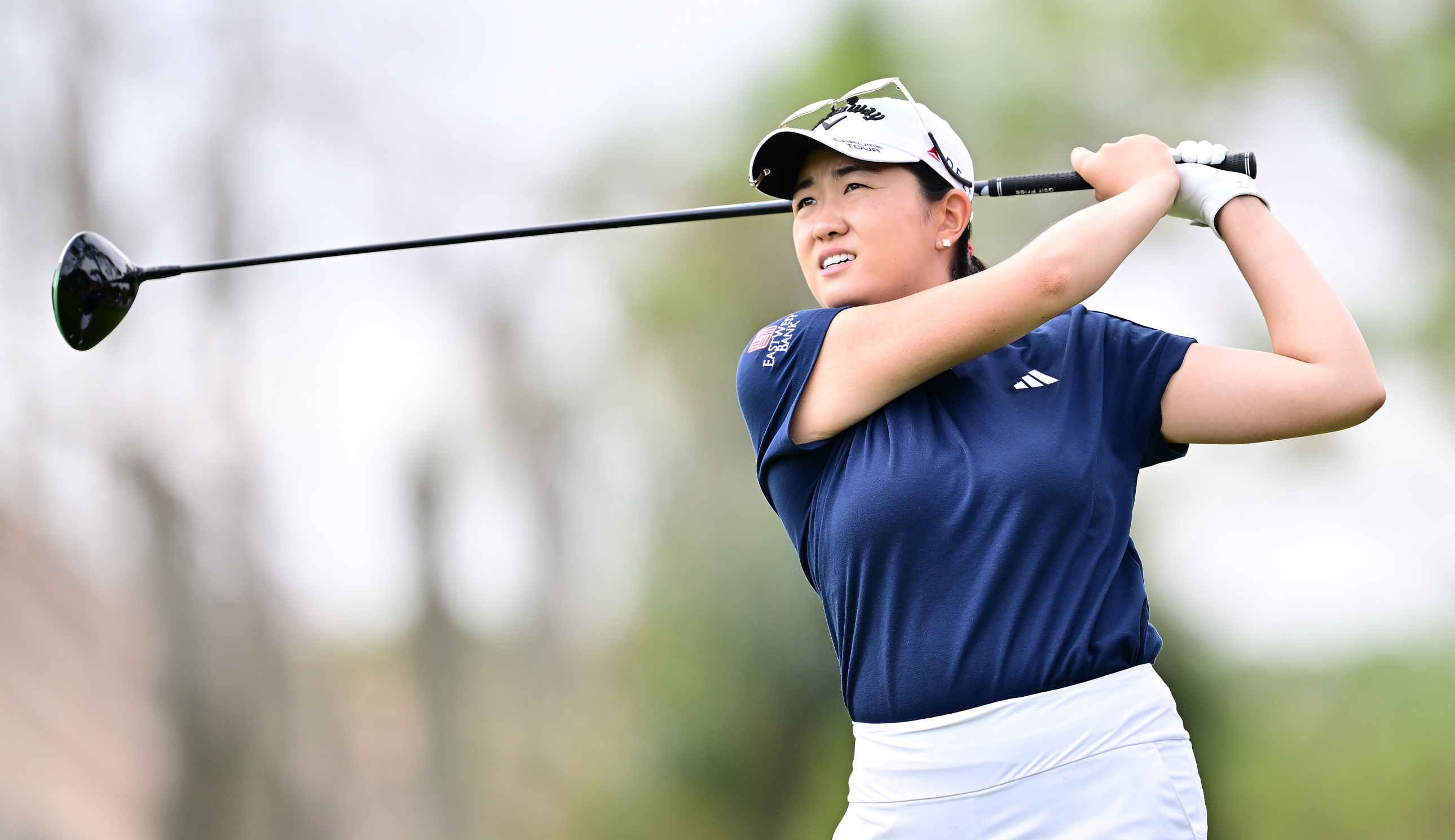 Rose Zhang Ruled Out Of Chevron Championship
Rose Zhang Ruled Out Of Chevron ChampionshipThe American hasn't featured in a competitive event since withdrawing from the T-Mobile Match Play, with it reported that Zhang will miss the Chevron Championship due to an ongoing neck injury
By Matt Cradock
-
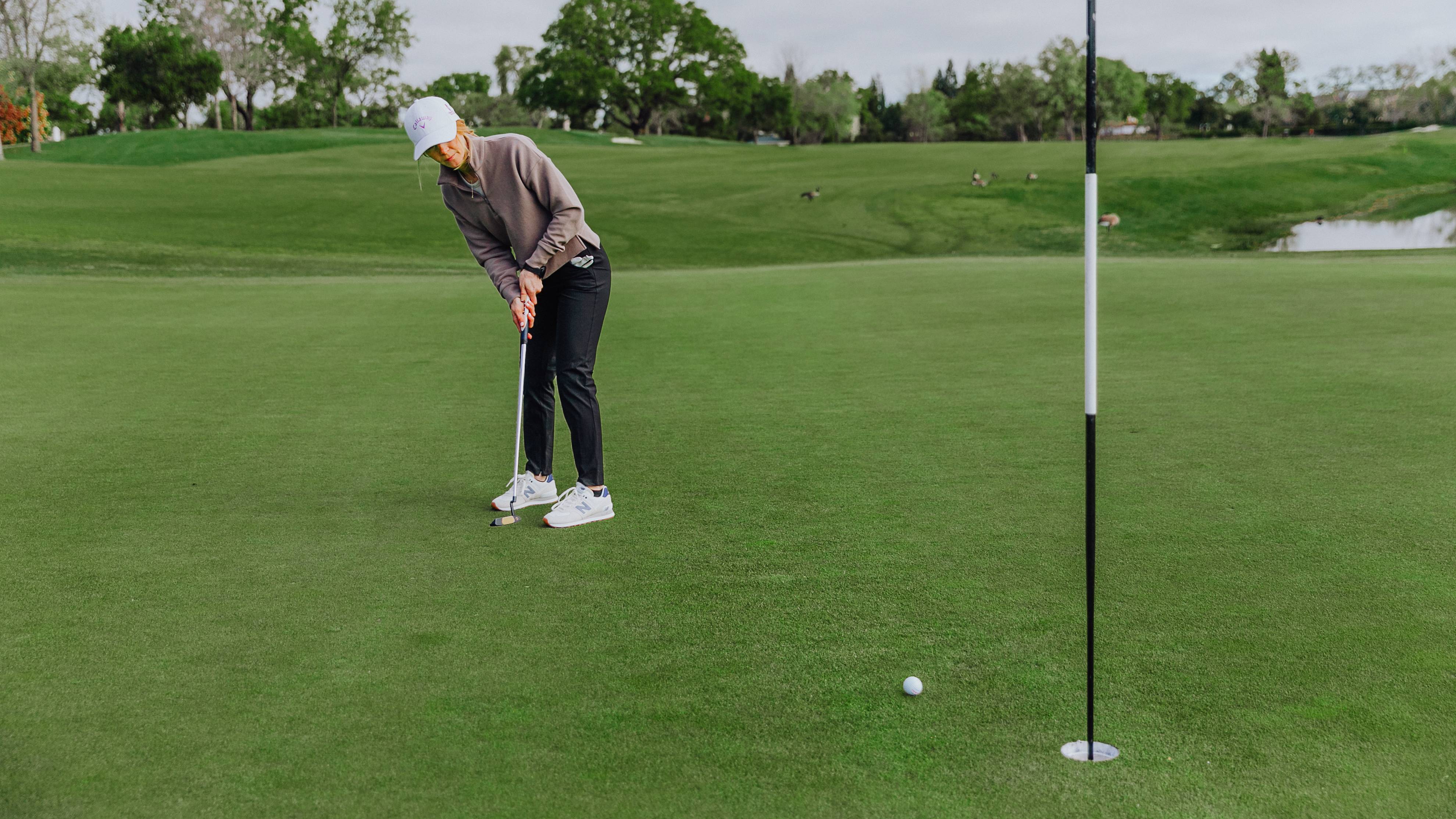 5 Things That Really Helped My Putting (After Two Years Of Trial And Error) And Finally Made Putting Enjoyable
5 Things That Really Helped My Putting (After Two Years Of Trial And Error) And Finally Made Putting EnjoyableFrustrated on the greens? Find the simple keys to improvement
By Lauren Katims
-
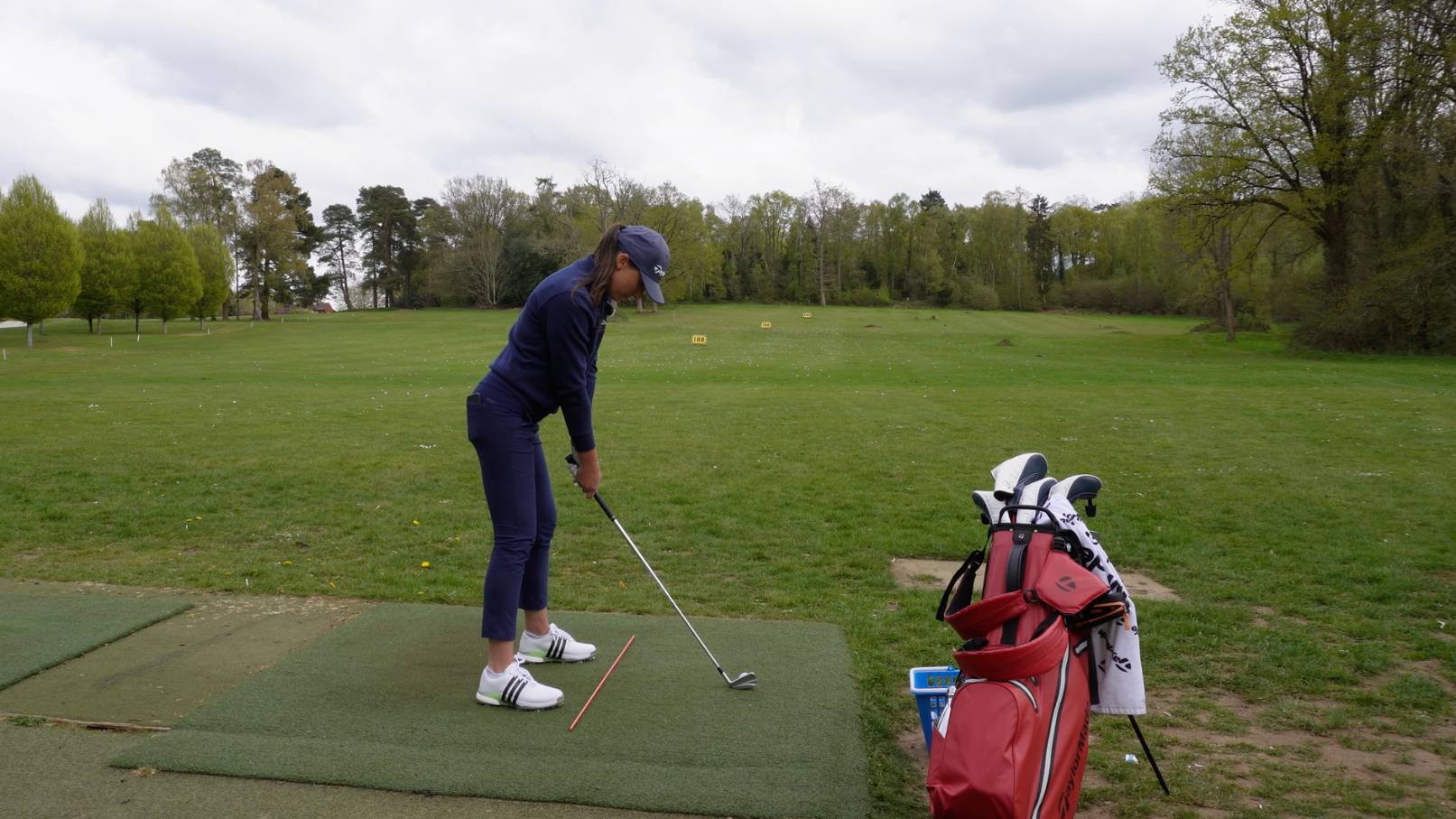 Why I'm Not Obsessed With Scratch (Yet) - The Joy Of Just Getting Better
Why I'm Not Obsessed With Scratch (Yet) - The Joy Of Just Getting BetterSingle figure golfer Jess Ratcliffe on finding enjoyment in gradual progress
By Jess Ratcliffe
-
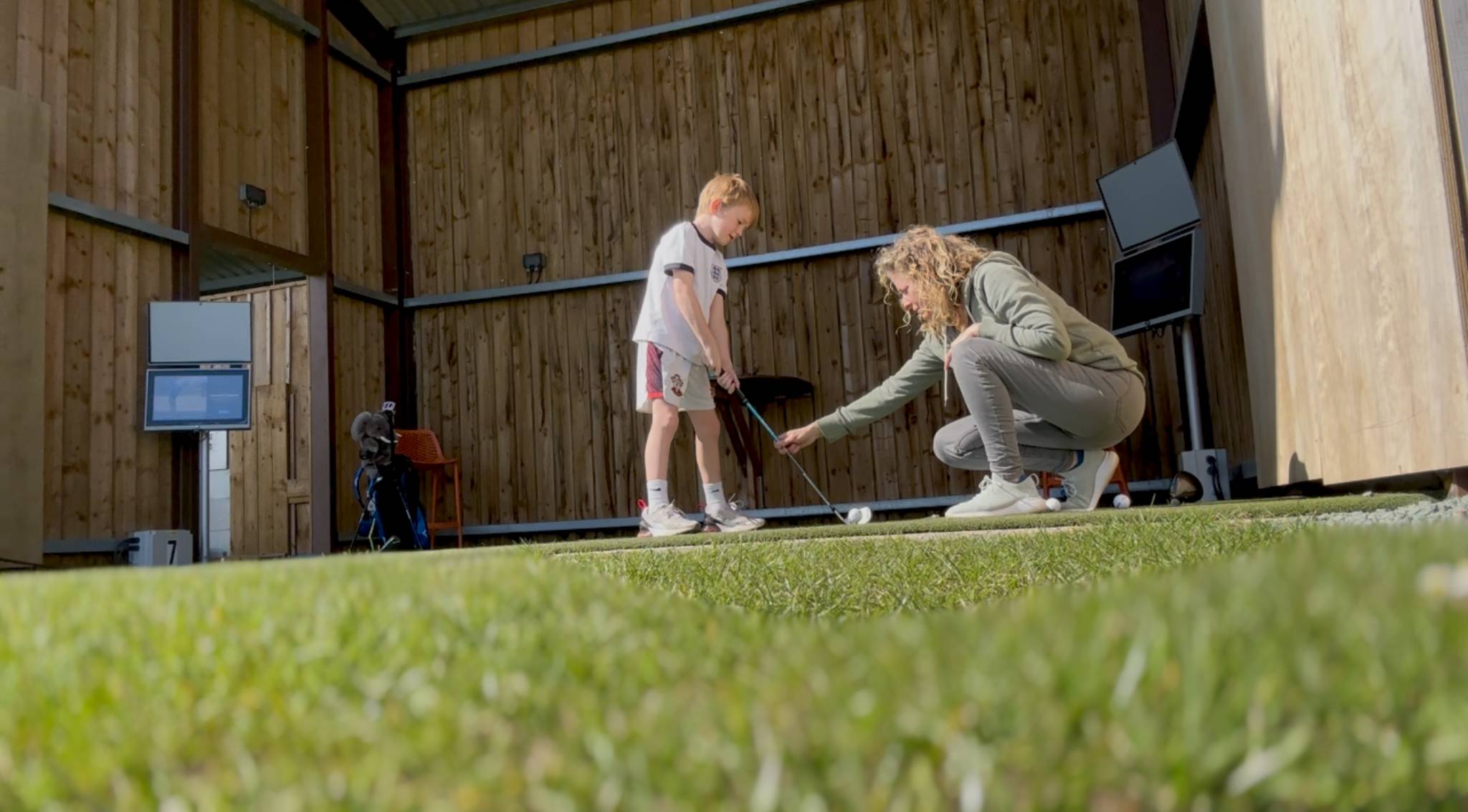 I’m A PGA Golf Coach - Here's Why I Made Sure My Kids Can Play Golf
I’m A PGA Golf Coach - Here's Why I Made Sure My Kids Can Play GolfFrom life lessons to lifelong friendships, Top 50 Coach Katie Dawkins on what golf can give your children
By Katie Dawkins
-
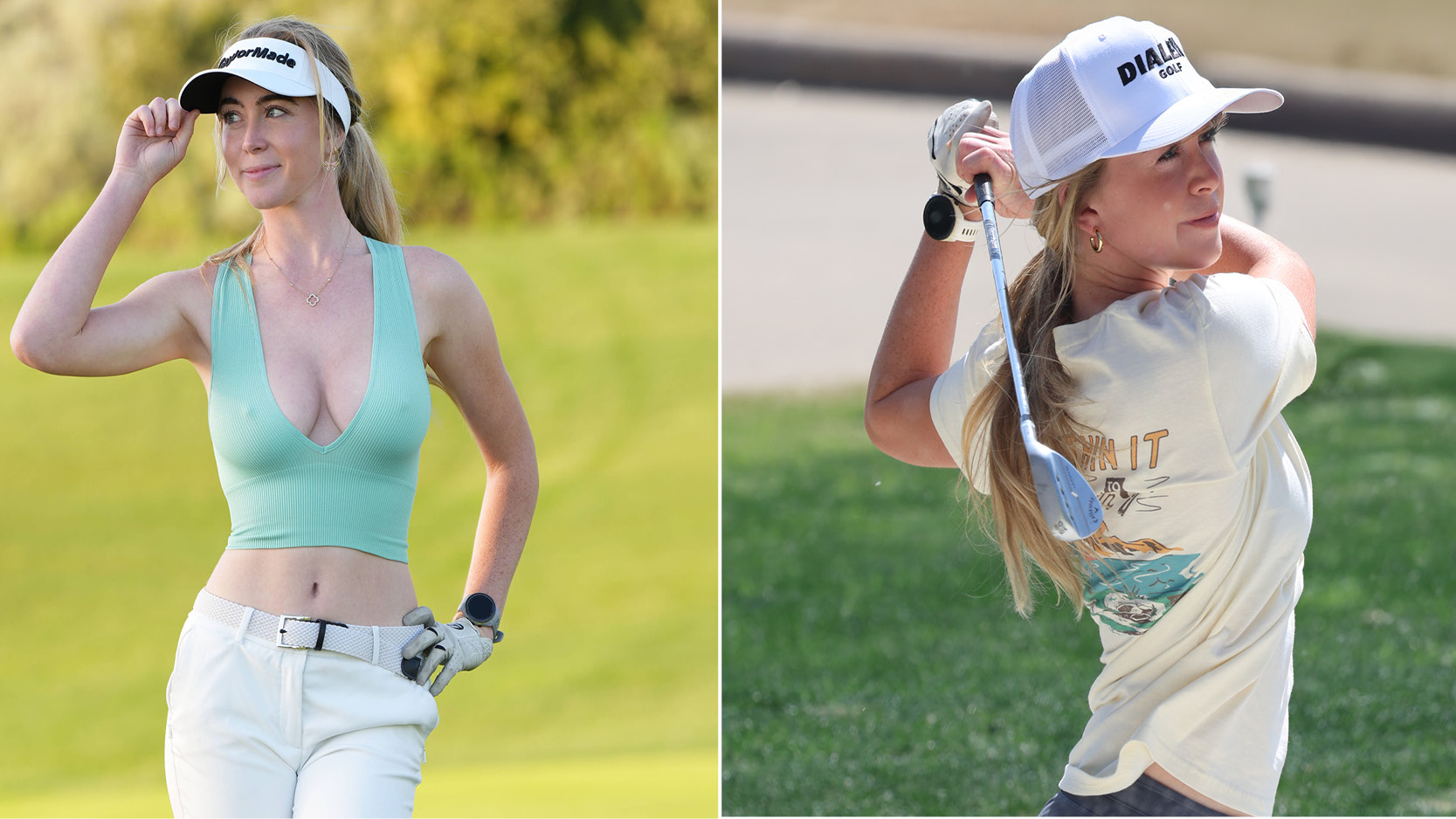 From Body-Baring To Dialed In: Grace Charis Redefines Golf Fashion
From Body-Baring To Dialed In: Grace Charis Redefines Golf FashionInfluential golf content creator Grace Charis launches new apparel brand
By Alison Root
-
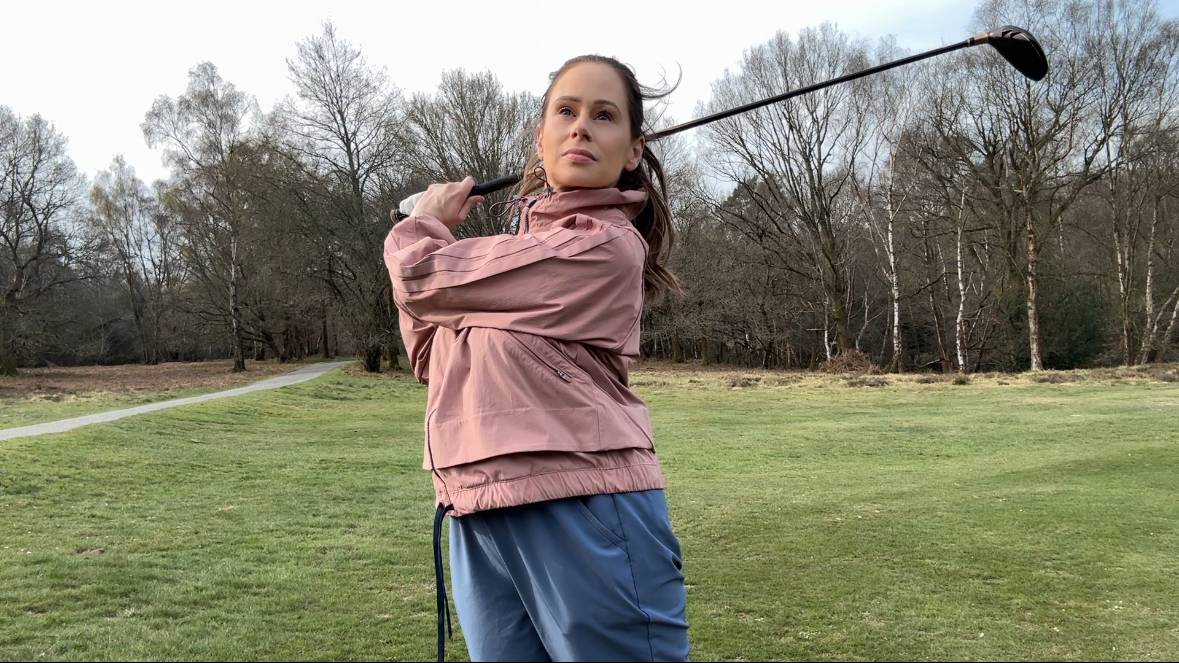 Golf Gave Me Confidence... Then Social Media's Toxic Culture Tried To Take It Away
Golf Gave Me Confidence... Then Social Media's Toxic Culture Tried To Take It AwayA young content creator's journey to own her golf game and her voice
By Katie Clarke
-
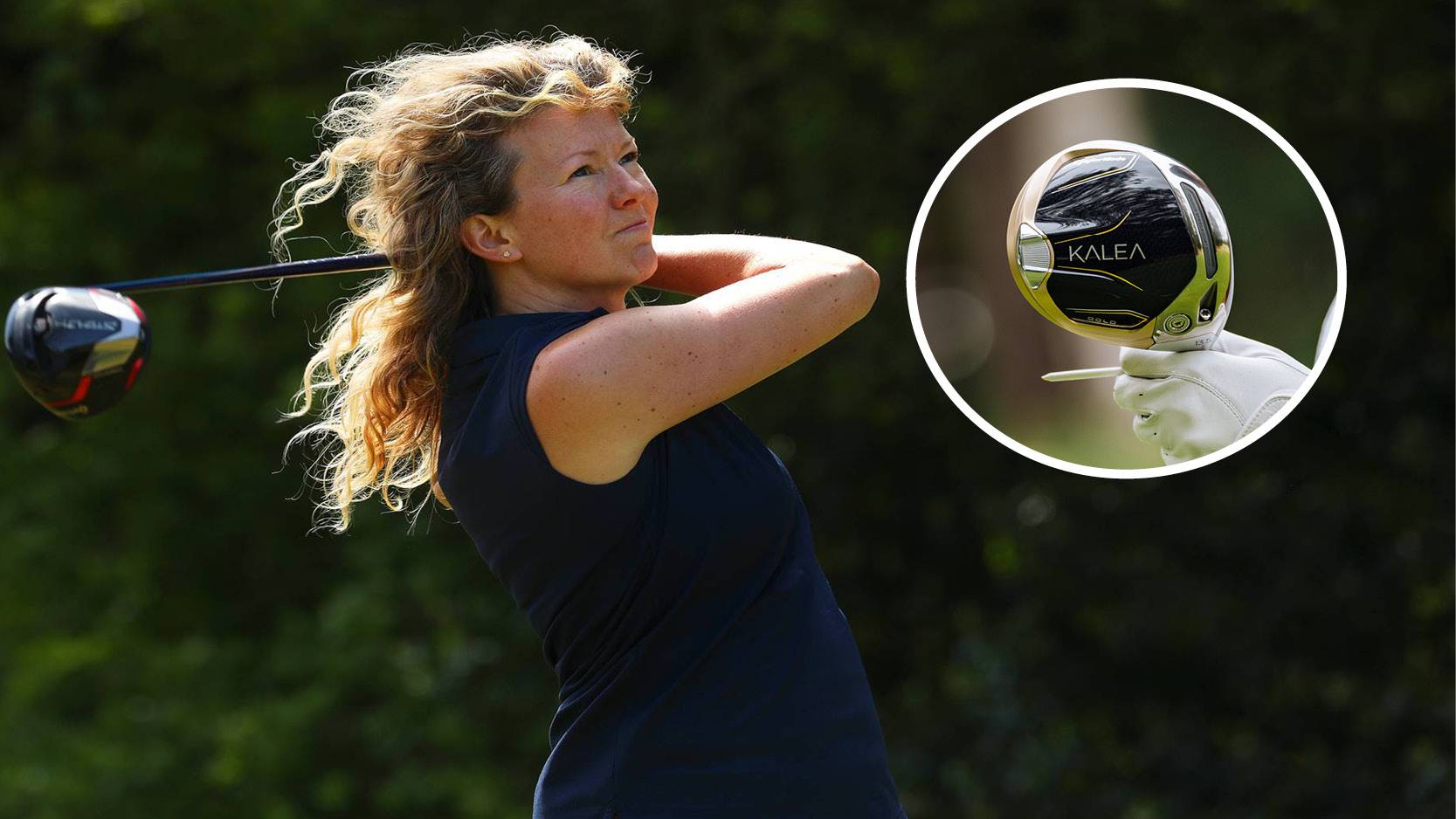 How Far Does The Average Female Club Golfer Hit Their Driver?
How Far Does The Average Female Club Golfer Hit Their Driver?We've looked at the data... Find out if you are hitting your driver an average distance
By Alison Root
-
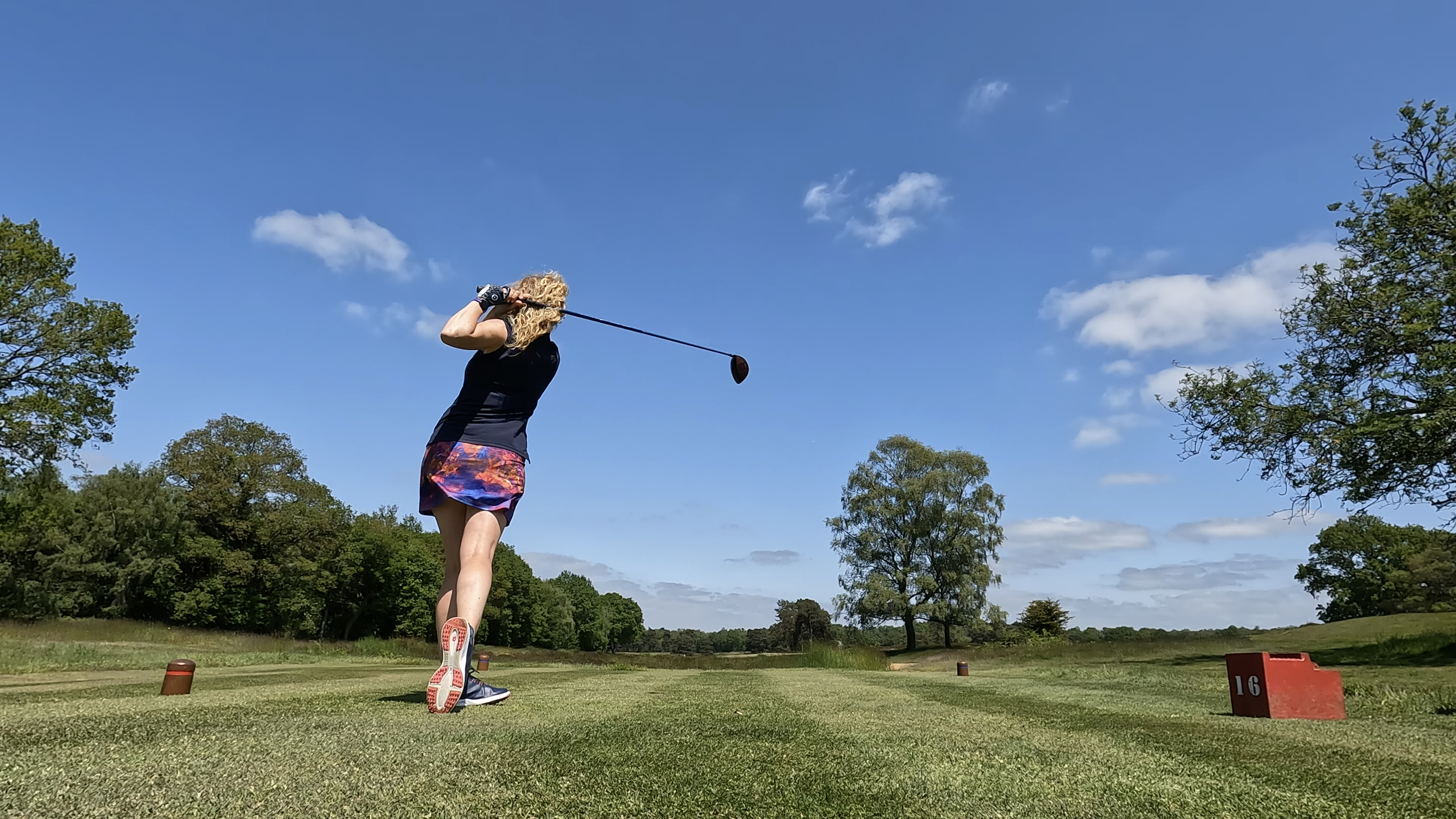 Tee Box Inequality: Why Aren't All Tees Rated For Women?
Tee Box Inequality: Why Aren't All Tees Rated For Women?Long-hitting female golfers are let down by tee ratings
By Katie Dawkins
-
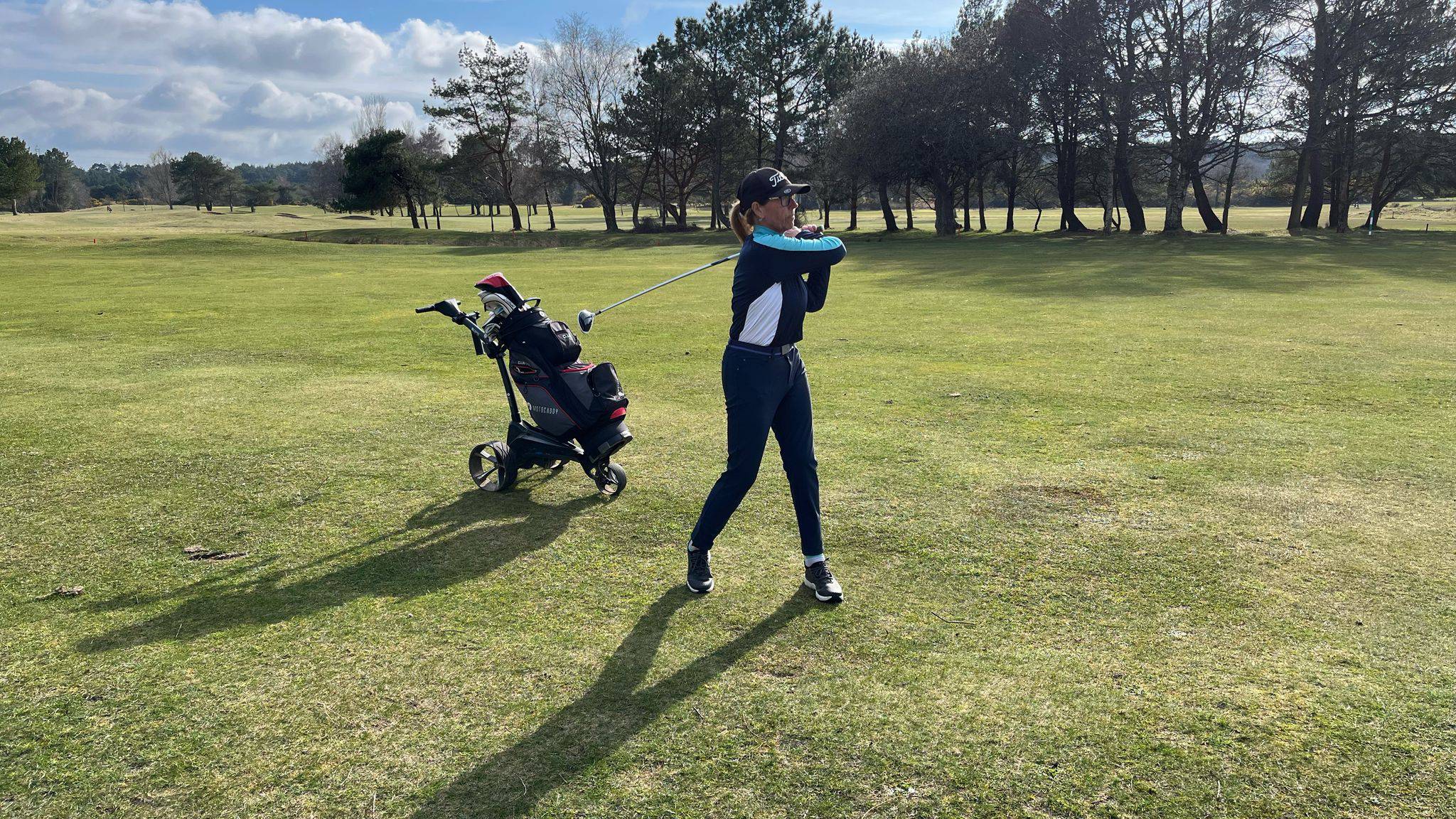 What I Learned From My First Golf Competition: The Unexpected Importance Of Preparation
What I Learned From My First Golf Competition: The Unexpected Importance Of PreparationPlaying in your first golf competition can be a daunting experience. Here are 5 tips to help you prepare for a stress-free round
By Carly Cummins